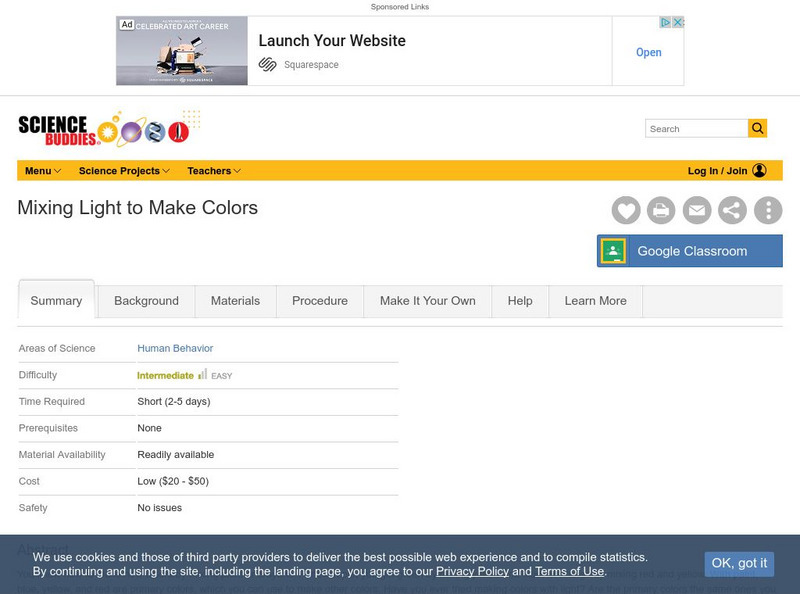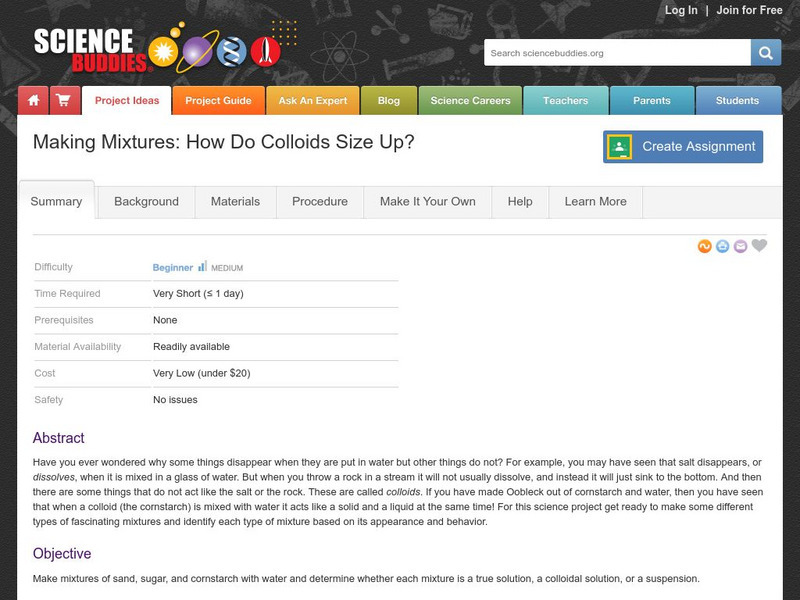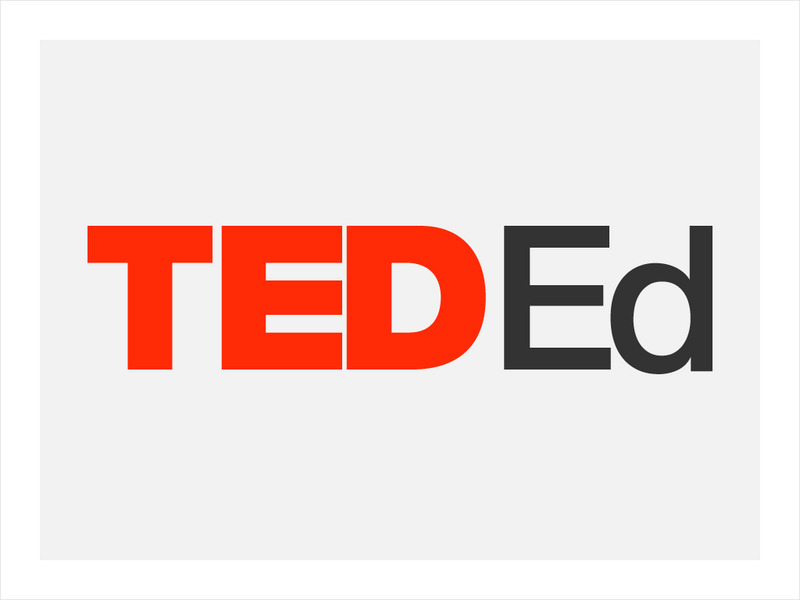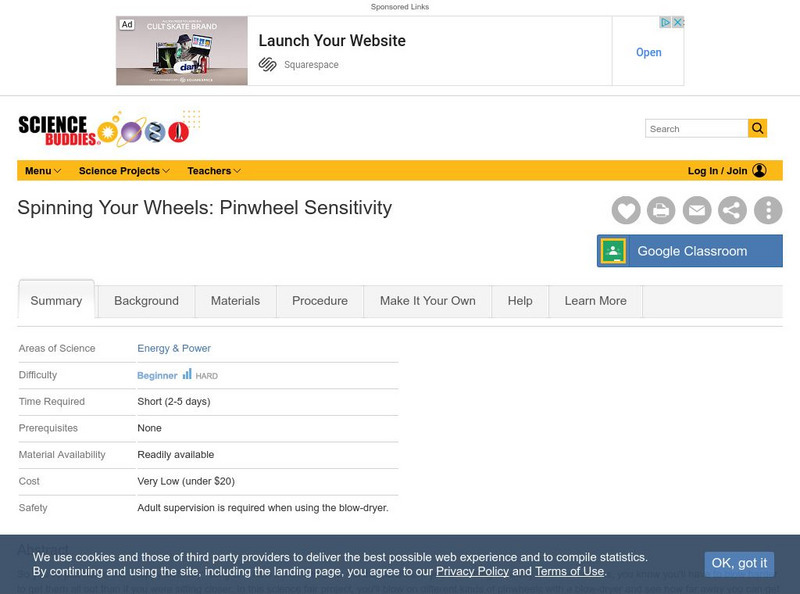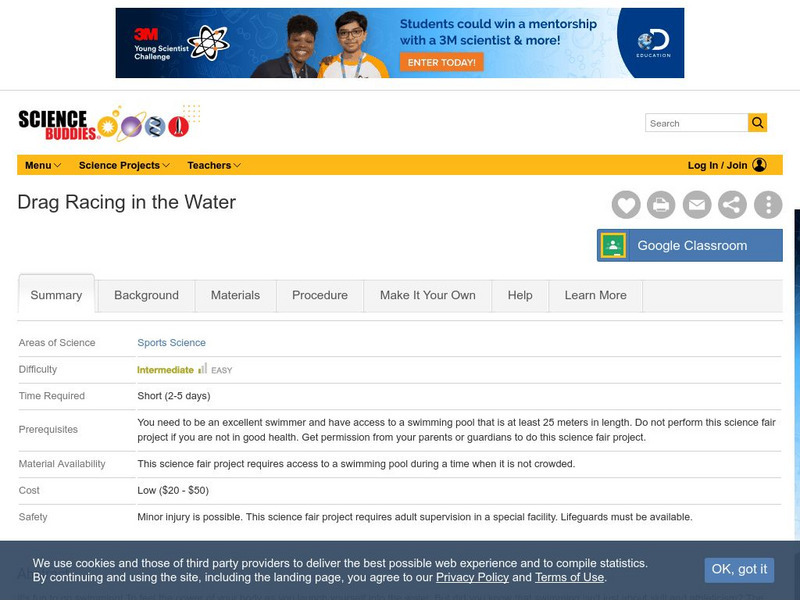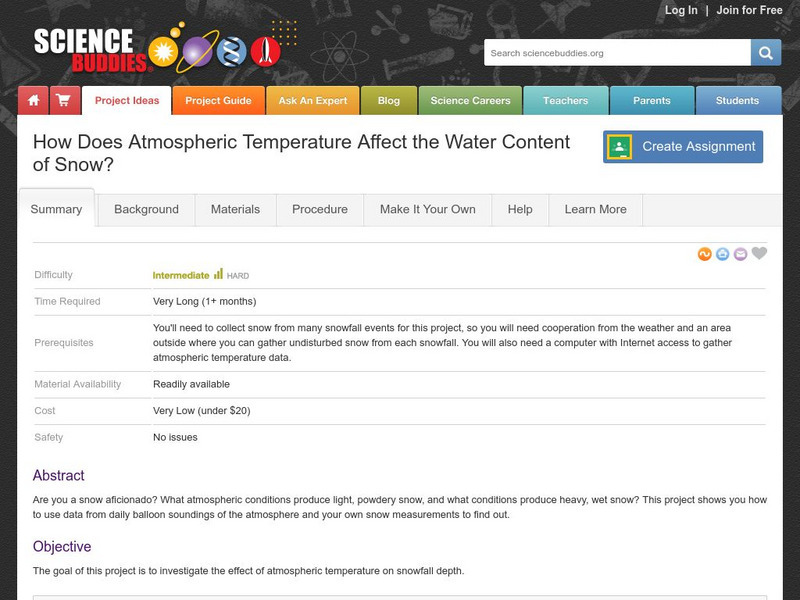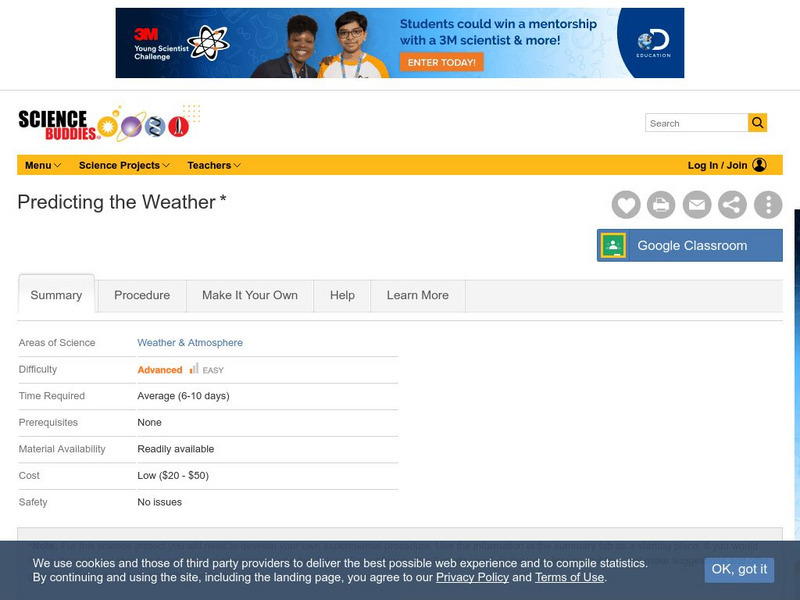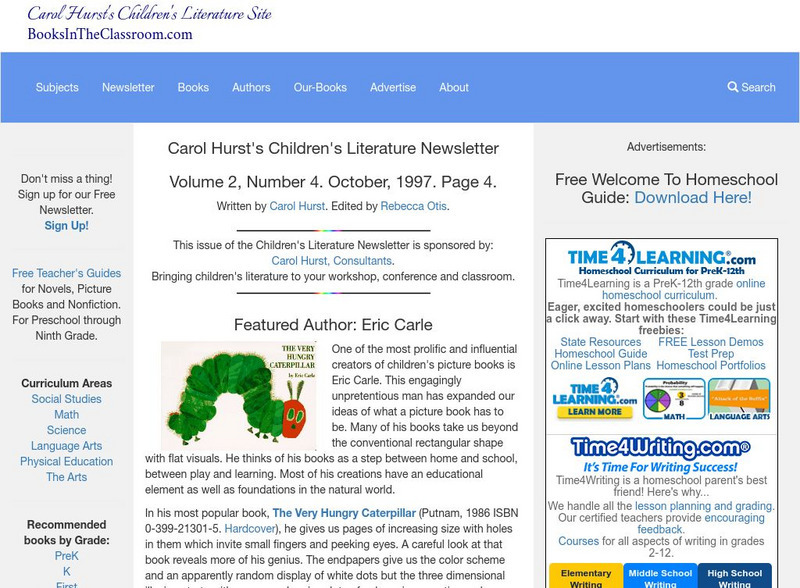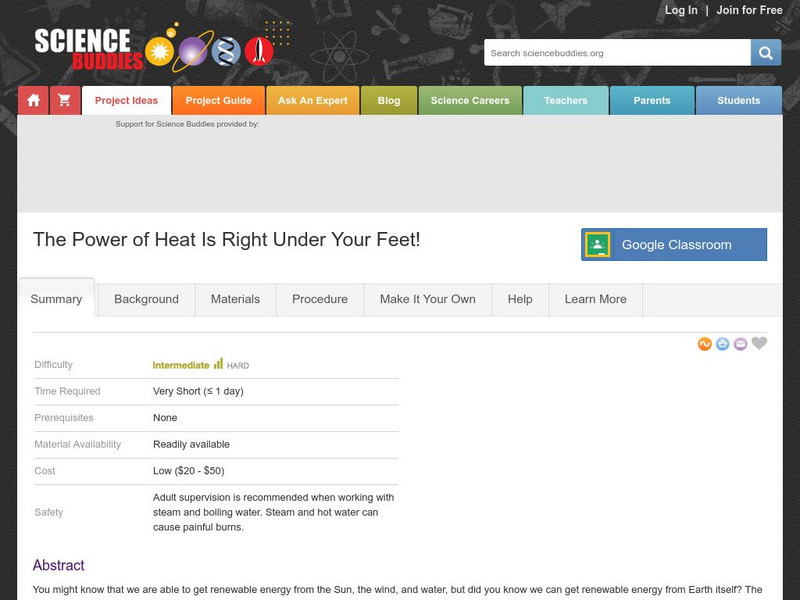Other
Research Project Guide: A Handbook for Teachers and Students
This resource provides guided research teaching units for all levels of learners.
Science Buddies
Science Buddies: Mixing Light to Make Colors
You know how to make new colors by mixing paint or crayons. For example, you get green by mixing yellow and blue, or orange by mixing red and yellow. With paint, blue, yellow, and red are primary colors, which you can use to make other...
Science Buddies
Science Buddies: Getting Critical Over Colloids
What is a colloid? If you have made Oobleck out of corn starch and water, then you know that a colloid is a mixture that acts like a solid and a liquid at the same time. This activity helps you determine the critical factors that...
TED Talks
Ted: Ted Ed: To This Day Project
Have you ever been bullied? Do you know someone who has been bullied? Are you a bully? Find out how bullying touches us all and get involved so that you can help stop bullying in your community and around the world. [7:36]
Other
It Gets Better Project: A Community for All Sexual Identities
Surviving the teenage years is extremely difficult, but dealing with sexual identity makes it excruciatingly harder. Welcome to the "It Gets Better Project," a safe place created specifically for lesbians, gays, bisexuals and transgender...
Science Buddies
Science Buddies: Can Baking Soda Substitute for Baking Powder in a Recipe?
There's nothing quite like the smell of fresh-baked muffins for breakfast on a Saturday morning. If you're into baking, you might want to try this insightful project that lets you witness the chemistry behind making muffins. You'll get...
Science Buddies
Science Buddies: Spinning Your Wheels: Pinwheel Sensitivity
So you've just heard the "Happy Birthday" song and now it's time to blow out the candles. If you are sitting far away from the candles, you know you'll have to blow harder to get them all out than if you were sitting closer. In this...
Science Buddies
Science Buddies: The Science of Making Cheese!
Oooey gooey cheese - yum. Who doesn't like a slice of warm pizza straight from the oven? There's nothing quite like a slice of pizza and a glass of milk, so what makes pizza so great? The cheese. But did you know that making cheese is...
Science Buddies
Science Buddies: Can Copper Foil Snails?
If you have a garden, you probably know about snails (or their shell-less relatives, slugs). You may even be looking for a good way to keep them from getting into your garden and eating up the results of all your hard work. Here's a...
Science Buddies
Science Buddies: Drag Racing in the Water
It's fun to go swimming. To feel the power of your body as you launch yourself into the water. But did you know that swimming isn't just about skill and athleticism? The human body consists of skin, contours, and curves. How the water...
Science Buddies
Science Buddies: Heavy Metals and Aquatic Environments
You might know that lead can be toxic, and that you can get lead poisoning from eating or inhaling old paint dust. Lead is called a heavy metal, and there are other sources of heavy metals that can be toxic, too. Silver, copper, mercury,...
Science Buddies
Science Buddies: How Atmospheric Temperature Affects the Water Content of Snow?
If you're lucky enough to live in a place that gets snow in winter, you know that the feel of the snow can vary a lot. Sometimes it can be light and fluffy, and other times heavy and wet. This project shows you how to use data from daily...
Science Buddies
Science Buddies: Predicting the Weather
Here's a good way to get yourself on TV. This science fair project will help you learn how to predict the weather. So who knows, maybe you'll be more accurate than your local meteorologist.
Books in the Classroom
Carol Hurst's Children's Literature Site: Eric Carle
What do you know about Eric Carle, the author? This Carol Hurst site highlights some interesting facts about this author's life and refers to some of his books.
Science Buddies
Science Buddies: The Power of Heat Is Right Under Your Feet!
You might know that we are able to get free energy from the Sun, the wind, and water, but we can also get free energy from Earth itself. This source of energy is called geothermal energy and it is all about taking advantage of the heat...

